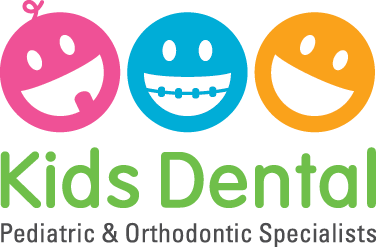Xylitol is a naturally occurring alcohol found in most plant material, including fruits and vegetables.
It is extracted from birch wood to make medicine and is widely used as a sugar substitute and in sugar-free candy and gum. It tastes sweet, but it is not converted in the mouth to acids that cause tooth decay like regular sugar. It is added to some chewing gums, candy, and other oral care products to help prevent tooth decay and dry mouth. It does this by reducing the levels of decay-causing bacteria in your saliva. It also lessens the severity and occurrence of inner ear and sinus infections, especially in children.
At least six grams of xylitol per day is thought to be needed for dental efficacy, so how can you start including it in your child’s daily life?
Maternal Chewing
Xylitol gum is obviously not suitable for very young children, but infants can actually benefit from maternal chewing! Studies show that Mothers who used it several times each day, protected their child from tooth decay until the age of 5! It helped reduce the amount of microorganisms transmitted from Mother to child.
Sugar Substitute
Once a child reaches toddlerhood, xylitol can be consumed as a sugar substitute or as a natural byproduct through eating fruits and vegetables. A sugar substitute can be dissolved in water and drank, or for young infants can be used on a wipe which can be applied to a child’s gums.
Gum and Candy
Older children can reduce the threat of cavities from developing by chewing xylitol gum, such as Trident. Early studies even show that compared to chewing regular sucrose-flavored gum, xylitol resulted in nearly two fewer cavities or missing teeth.
There are also a wide variety of products such as lozenges, and lollipops available that include xylitol. Check out: http://www.xylitolcanada.com/
Incorporating it into your child’s daily life can be easy and can help improve your child’s dental health. For more information on the use of xylitol in your child’s diet, contact your dentist.
